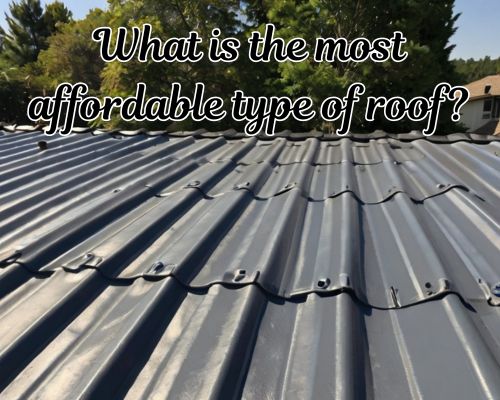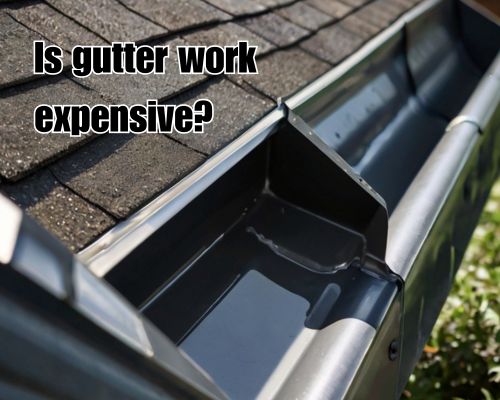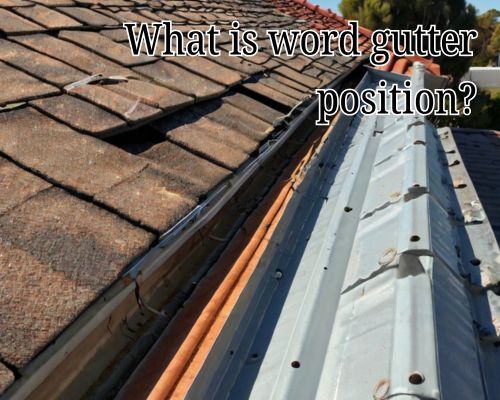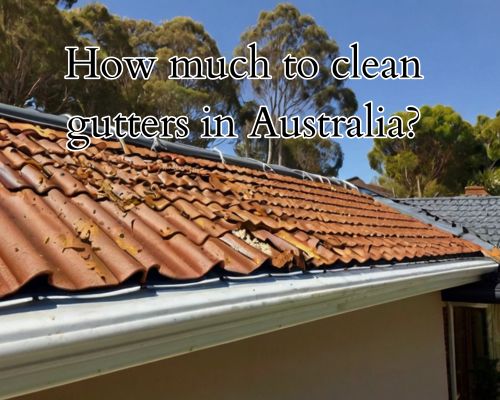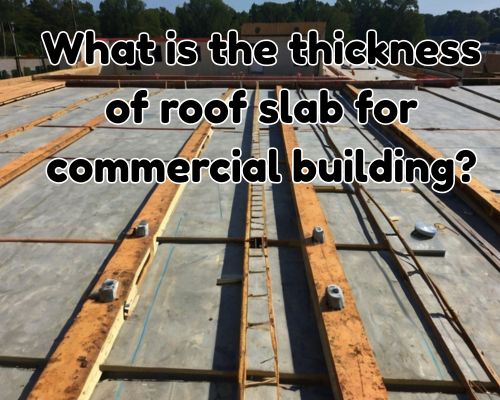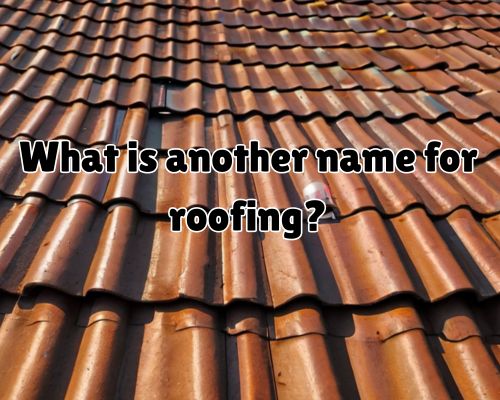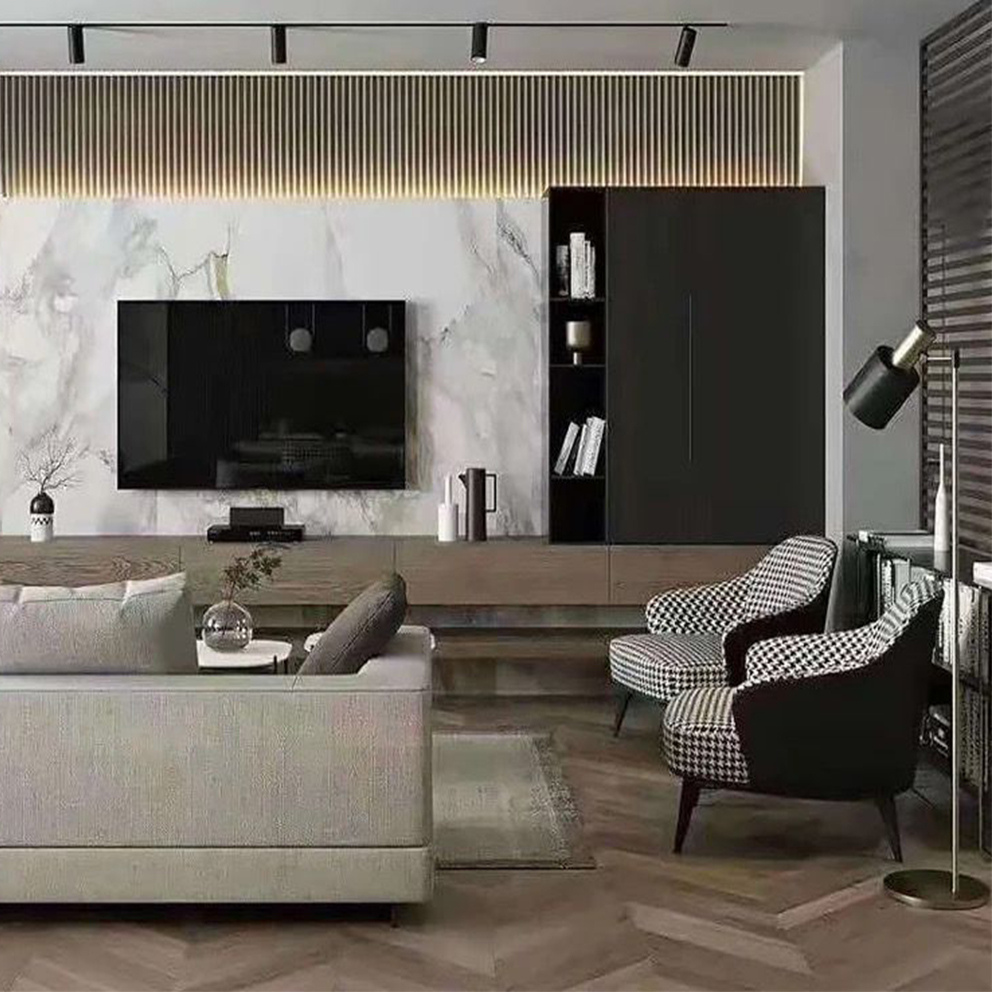How Long Will a Painted Roof Last? A West Palm Beach Homeowner’s Guide
For homeowners in West Palm Beach, Florida, keeping a roof in pristine condition is more than curb appeal—it’s a necessity in a subtropical climate. Whether you’re dealing with intense UV rays, heavy rains, or coastal humidity, your roof works overtime. That’s why many residents turn to roof painting as a cost-effective way to refresh their homes, improve energy efficiency, and extend the roof’s lifespan. But the big question remains: How long will a painted roof last?
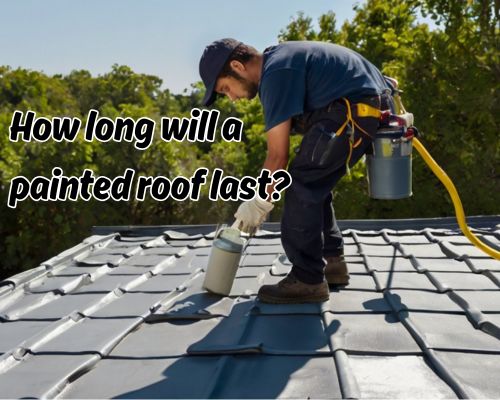
With Star Roofing, we’ll unpack that answer based on local environmental conditions, roof materials, paint types, and expert maintenance tips tailored to Palm Beach County homes.
⏳ What’s the Average Lifespan of a Painted Roof?
The lifespan of a painted roof typically ranges between 5 to 15 years, depending on several key variables:
- Roof material
- Type and quality of paint used
- Climate exposure
- Surface preparation and application quality
- Maintenance frequency
In a region like West Palm Beach, where salt air, UV exposure, and seasonal storms are significant factors, these variables become especially important.
🌴 Climate Factors in West Palm Beach That Impact Roof Paint Longevity
West Palm Beach homeowners face specific environmental conditions that influence roof paint durability:
- High UV Index: Intense sun accelerates paint oxidation and fading.
- Humidity and Rainfall: Florida’s frequent rain can wear down lesser-quality coatings.
- Salt Air from the Atlantic: Homes near the coast are exposed to salt-laden air that can degrade paint faster.
- Hurricane Season: Wind-driven debris and moisture intrusion may compromise the paint film and roof structure.
Thermal cycling—daily temperature swings from sun to storm—can also cause expansion and contraction of roof materials, especially on metal roofs, which in turn stresses the painted surface.
🏠 Roof Type and Its Influence on Paint Longevity
The kind of roofing material you have can significantly impact how long the paint will last:
1. Metal Roofs (Galvanized Steel, Aluminum, Zinc)
- Paint longevity: 10–15 years with high-quality acrylic or silicone coatings
- Why it lasts: Metal holds paint well if pre-treated and sealed properly
- Pro tip: Use elastomeric roof coatings for superior UV and water resistance
2. Tile Roofs (Concrete, Terracotta)
- Paint longevity: 7–10 years with breathable, mineral-based or acrylic coatings
- Challenges: Porous surface requires thorough cleaning and priming
3. Asphalt Shingle Roofs
- Paint longevity: 5–7 years; not usually recommended due to low breathability
- Warning: Improper painting can trap moisture and void warranties
Local Insight:
In West Palm Beach, metal and tile roofs are more common than asphalt shingles due to their resistance to hurricane-force winds and thermal expansion. This naturally increases the potential lifespan of paint on local homes.
🎨 Choosing the Right Paint for West Palm Beach Roofs
Selecting the right roof coating is essential for achieving long-lasting results. Here’s what the pros recommend:
- 100% Acrylic Latex Paints: UV-resistant and flexible, ideal for Florida sun
- Elastomeric Roof Coatings: Offer waterproofing and flexibility, best for flat or low-slope roofs
- Ceramic Pigment Paints: Reflect sunlight, lowering roof surface temperature by up to 30°F
- Silicone-Based Coatings: Ideal for flat roofs with ponding water issues
Look for coatings that meet or exceed ENERGY STAR® standards, especially if you’re trying to reduce indoor cooling costs in Florida’s hot summers.
🛠️ Professional Preparation = Longer Lifespan
In a city like West Palm Beach, where roofs often battle mold, mildew, and algae due to high humidity, preparation is everything. Before any paint is applied:
- Pressure Washing: Removes contaminants like mildew, chalk, and salt residue.
- Rust Treatment (for metal roofs): Prevents corrosion under paint.
- Crack Sealing: Fix minor leaks and surface fractures.
- Priming: Ensures the topcoat bonds securely to the substrate.
Skipping or skimping on these steps? Expect paint failure in under 3 years.
🧽 Maintenance Tips to Maximize Roof Paint Longevity
Maintaining your painted roof not only extends its life but also protects your entire home. Here’s how:
- Annual Inspections: Especially after storm season—check for peeling or bubbling
- Gentle Cleaning: Use a soft wash or low-pressure rinse to avoid damaging the paint
- Touch-Up Paint: Address any chips or flaking areas promptly
- Re-coating Schedule: Plan for a full repaint every 8–12 years for most roof types in Florida
🛑 Avoid harsh chemical cleaners—they strip protective coatings and can shorten your roof’s lifespan.
💡 Cost vs. Value: Is Roof Painting Worth It in West Palm Beach?
Here’s a rough breakdown of the benefits of painting your roof in Palm Beach County:
| Benefit | Estimated Impact |
|---|---|
| Extended Roof Life | +5 to 10 years |
| Improved Energy Efficiency | 10%–30% cooling cost reduction |
| Enhanced Curb Appeal | Boost resale value, HOA compliance |
| Mold and Mildew Resistance | Protect against tropical climate issues |
Depending on roof size and coating type, painting a roof in West Palm Beach typically costs $2,000 to $5,000—far less than a full roof replacement. For more, go to Star Roofing.
🏡 Local Roof Painting Services in West Palm Beach
Looking for roof painting pros who understand Florida Building Code, salt spray zones, and UV-resistant products? Many licensed roofing contractors in West Palm Beach specialize in reflective coatings and elastomeric solutions that hold up to South Florida’s punishing weather.
Local roofing companies to consider often offer warranties ranging from 5 to 15 years, depending on the paint system used. Always ask about:
- Energy rebates
- Moisture mitigation systems
- Post-paint inspections
📍 Final Thoughts: So, How Long Will a Painted Roof Last in West Palm Beach?
With the right products, application methods, and upkeep, a painted roof in West Palm Beach can last up to 15 years—especially when applied to metal or tile substrates. Given the climate-specific considerations of South Florida, it’s vital to choose the right coating and partner with knowledgeable local professionals.
So, before you consider replacing your roof, think about painting. In a sunny, storm-prone place like West Palm Beach, Florida, it might just be the smartest home improvement investment you can make.
